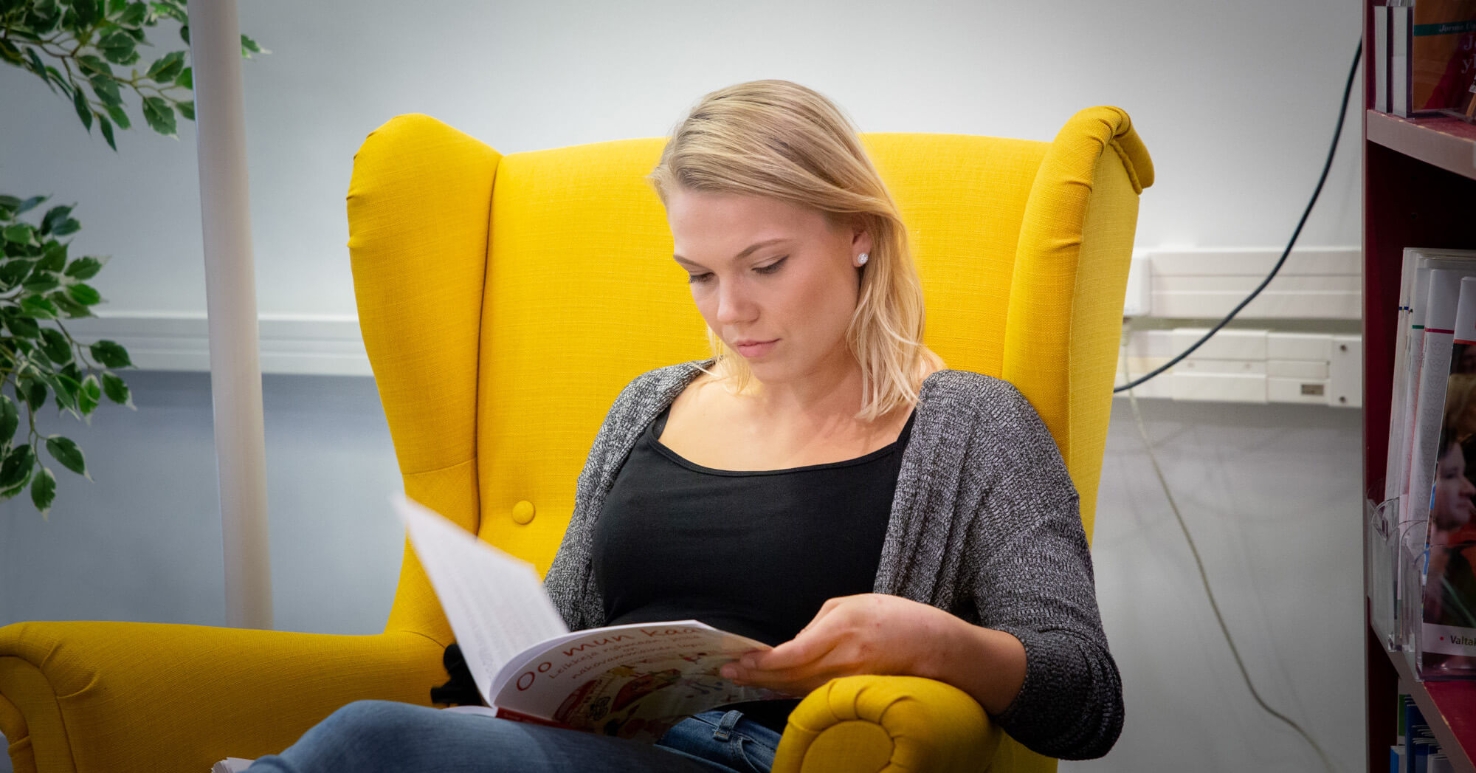TYÖKE project set sights on the future of occupational health services
The TYÖKE project, coordinated by the Finnish Institute of Occupational Health, ended in March.

Technological transformation and digitalisation will change not only workplaces but also occupational health services in the future. Therefore, the future of occupational health services was one of the perspectives taken in the TYÖKE project that was completed this spring. The project was coordinated by the Finnish Institute of Occupational Health, and Laurea’s FuturesLab CoFi was one of the project participants.
The national TYÖKE project focused on networks as boosters of social services and health care and promoters of working ability and the health of the working-age population. Its goal was to build operational integration with occupational health services, other social services and health care, as well as rehabilitation services. Another goal was to develop the content of the occupational health measures to better meet the changing needs of workplaces and align them with the transforming health care.
The other implementers of the project, funded by the European Social Fund, were the University of Helsinki, the University of Eastern Finland and the Central Finland Health Care District.
Changing workplaces and technology as drivers of change
Laurea’s role in the TYÖKE project was to develop futures scenarios by thinking about various alternatives for occupational health services in the future. The project’s other stakeholders also participated in building futures scenarios in the workshops organised during the project.
Key factors highlighted as drivers of change in the futures scenarios included the transformation of technology and digital services:
- To begin with, the change impacts the customers of occupational health services: the reduction in traditional physical labour results in physical work stress being replaced by psychological stress, says Jukka Laitinen, a Laurea project specialist who worked in the TYÖKE project.
- On the other hand, new technology will also introduce changes and new opportunities in the work of occupational health services professionals through artificial intelligence and robotics, for example.
The third important driver of change identified during the project was the increasing importance of proactive nursing. In the future, occupational health services will also be required to prevent illnesses more efficiently, instead of just treating them.
More efficient occupational health services through cooperation
Overall, the outcomes of the TYÖKE project highlighted cooperation. In the future, stakeholders in occupational health services must increasingly work in cooperation with basic health care and specialised medical care, as well as with providers of rehabilitation services.
- Thanks to this project, this kind of cooperation has already got off to a good start throughout Finland, project specialist Laitinen says.
- An example of such cooperation is the provincial cooperation forums implemented by the Finnish Institute of Occupational Health during the project.
More information:
- Jukka Laitinen
- Project Specialist
- jukka.laitinen@laurea.fi
- Tel 040 746 2607